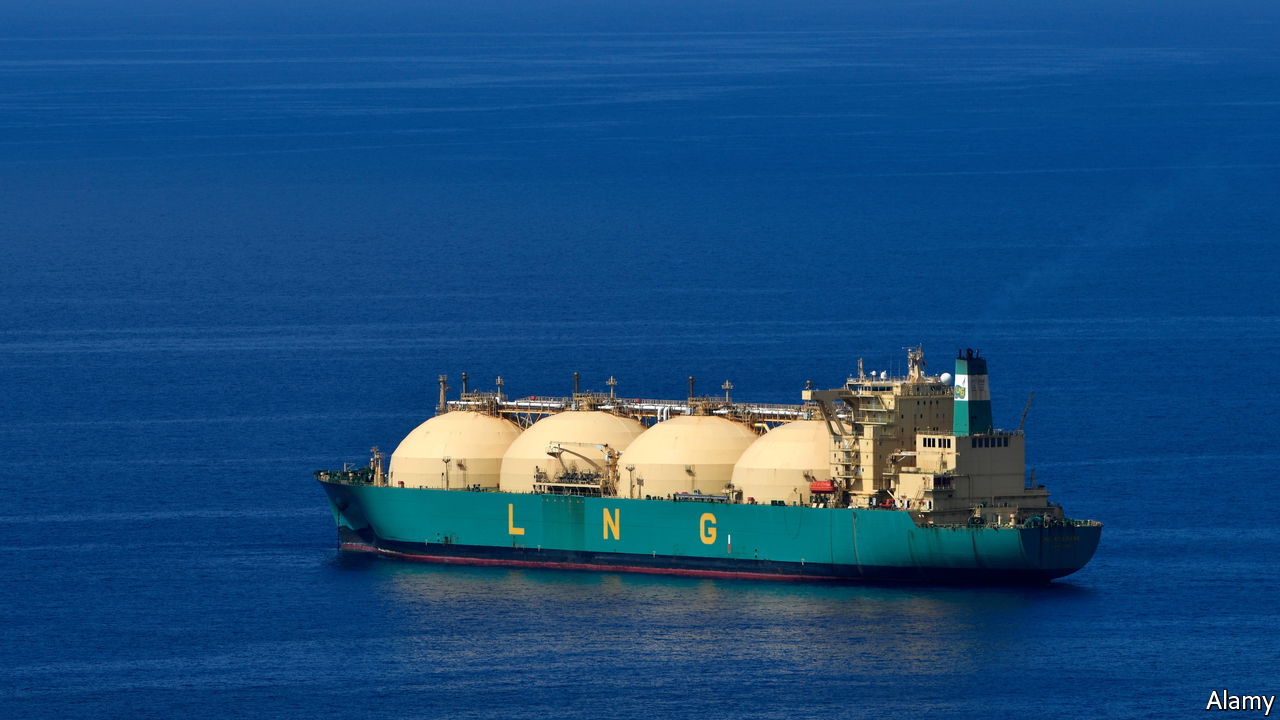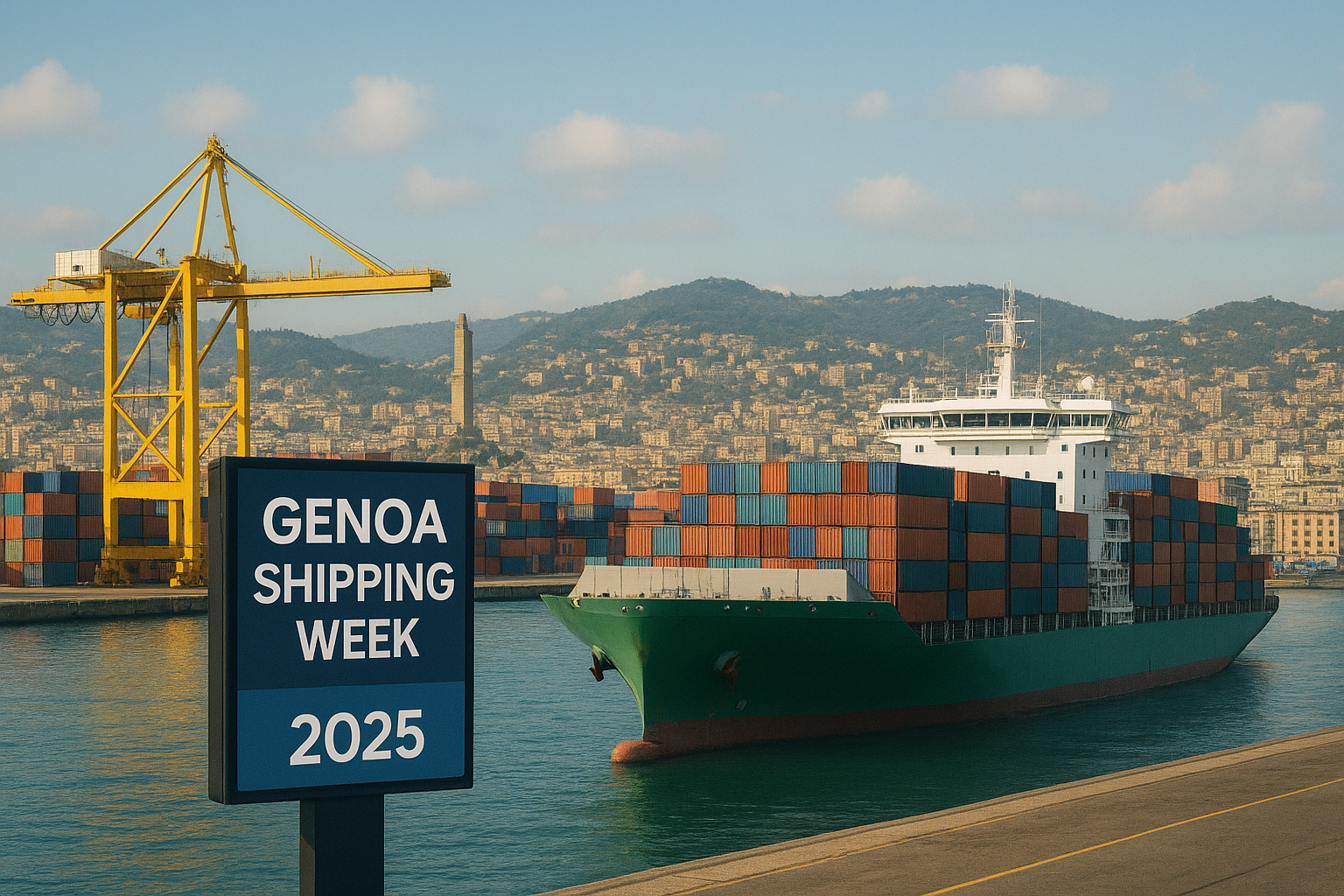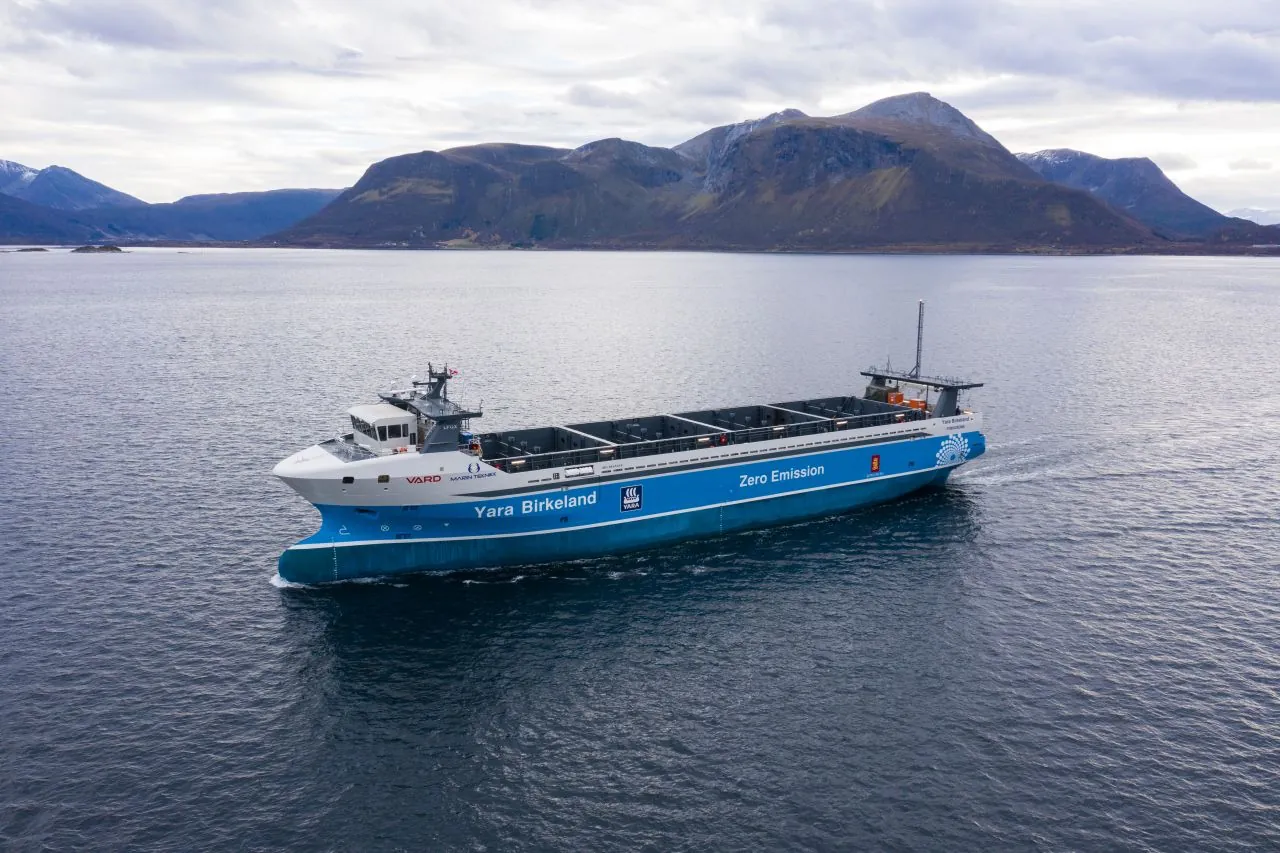The LNG shipping sector is undergoing significant changes since the beginning of 2024. In the first quarter of this year, the LNG shipping market experienced severe disruptions and changes that significantly altered global trade routes and market fundamentals.
The year began with logistical challenges, particularly highlighted by persistently low water levels in the Panama Canal, which limited LNG transits. Compounding these challenges, movements of LNG tankers through the Suez Canal were completely halted from mid-January, necessitating a strategic reorientation of shipments along alternative routes.
The Suez Canal is of fundamental importance for the maritime transportation market, especially for LNG, as it constitutes a crucial passage between East and West. In the context of volatile market conditions and volatility in the LNG spot market, the use of the canal is critical from a trading standpoint. Currently, LNG volumes from the Middle East to Europe or from the Atlantic to the Middle East, India, or the Far East, take an average of 5 to 15 days longer compared to alternative routes. Despite the disruption of the canal having a significant impact on the market, it has been less severe than expected, thanks to flexibility in the system, both in the fleet of Qatar and in other operators that have absorbed excess cargoes.
According to industry analysts, LNG demand in Asia has remained strong, fueled by competitive pricing and strategic stock-building. This significant increase in demand in Asia contrasts sharply with the more subdued scenario in Europe, where LNG imports have been significantly influenced by internal market dynamics and alternative energy sources. In particular, Northeast Asia saw a 4.02% increase in LNG imports in the first quarter of 2024 compared to the same period in 2023, with China notably leading this uptick with a 24 % rise. Southeast Asia also saw a significant boost, with imports surging by 29%—India led this growth with a 45% increase, followed by Thailand at 31% and Pakistan at 16%.
Conversely, Europe’s LNG imports in the first quarter of 2024 were 15% lower than in the first quarter of 2023, reflecting broader regional changes in energy sourcing and consumption strategies.
Amidst a robust LNG fleet growth of nearly 5% in the first quarter of 2024, freight rates experienced downward pressure. Specifically, average spot rates for 174,000 cbm vessels saw a reduction of 39% from the first quarter of 2023 to the first quarter of 2024, while spot rates for 160,000 cbm vessels registered almost a 37% decrease. A similar trend was observed in time charter (T/C) rates across different vessel sizes and contract durations within the same timeframe. For instance, the 1-year T/C rate for a 160,000 cbm vessel decreased by approximately 61%, while 174,000 cbm vessels experienced decreases in the range of 65%. Similarly, the 3-year T/C rates saw declines of about 44% for 160,000 cbm vessels and 48% for 174,000 cbm vessels.
As the second quarter of 2024 unfolds, recent escalations in the Middle East add a layer of uncertainty. One of the primary concerns is the risk associated with major trade routes, such as the Strait of Hormuz, a vital passage for global energy exports. If this strait were to be closed or deemed high risk, almost a third of the world’s LNG, which transits through this passage, could be affected. This scenario could lead to supply chain disruptions and provide support to freight rates due to the rerouting of vessels and longer voyage times. Such shifts may also challenge Qatar’s market position and strategic growth objectives, with broader implications for global LNG supply contracts and the security of energy supply.
#LNG #LNGmarket #Shipping #SlothSea






